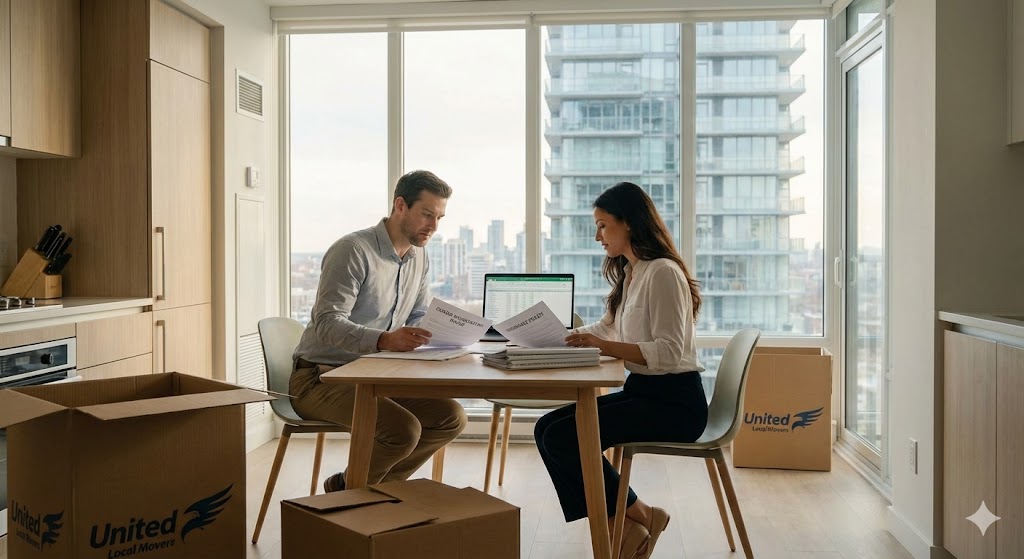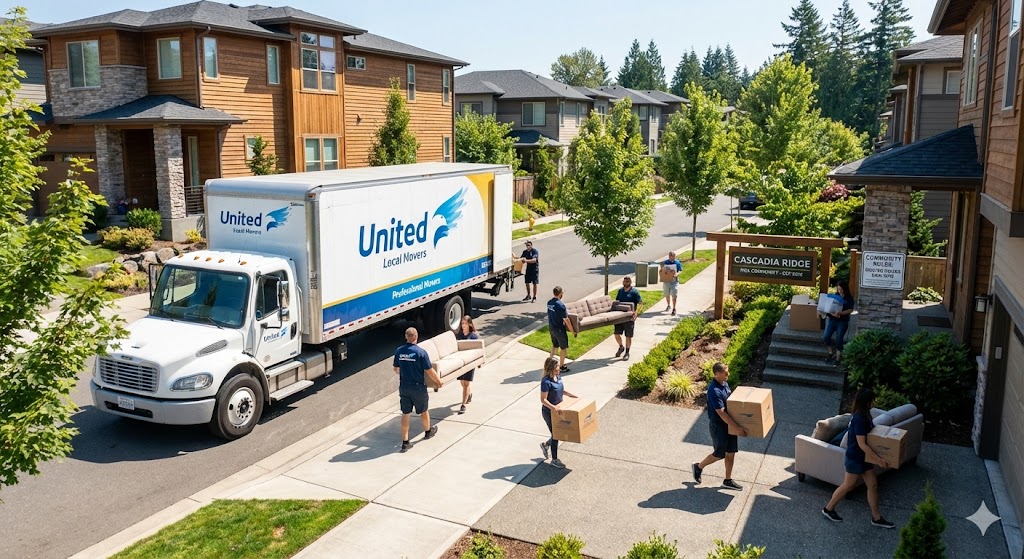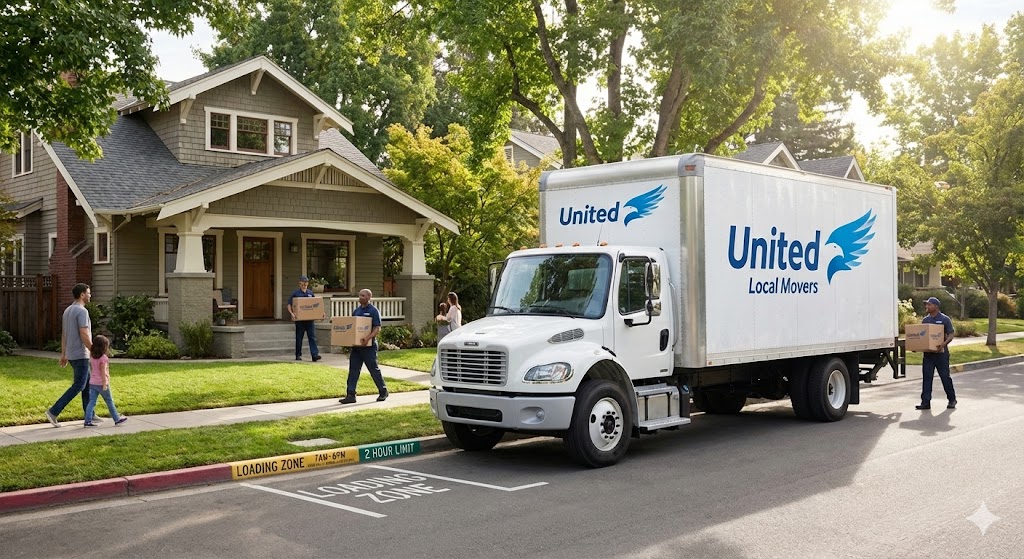Moving into a rental property comes with a unique set of responsibilities—and clear communication with your new landlord can make or break the experience. Whether it’s understanding the move-in process, setting expectations for repairs, or aligning on utility setups, proactive coordination is key. In this article, we’ll break down what tenants should discuss with new landlords before, during, and after the move—and how United Local Movers helps make rental transitions smooth, fast, and stress-free.
Why Landlord Communication Matters
Unlike moving into a purchased home, renting means you’re sharing responsibility with a landlord. That relationship begins before you ever move in and continues throughout your lease. Effective coordination reduces miscommunication, helps resolve issues faster, and ensures your rights as a tenant are respected.
Questions to Ask Before Moving In
Make sure to ask these essential questions before signing or finalizing your move-in date:
- What date and time can I move in?
- Is the unit cleaned and ready?
- Who should I contact for maintenance issues?
- How do I set up or transfer utilities (electricity, water, internet)?
- Are there specific rules for elevator or hallway usage during the move?
Asking in advance helps you avoid delays and surprises on moving day.
Documenting the Condition of the Unit
Before you unpack a single box, do a full walkthrough with your landlord or property manager. Use your phone to take timestamped photos or videos of:
- Walls, floors, and ceilings
- Appliances and fixtures
- Cabinets and countertops
- Windows, doors, and locks
Send a copy of your findings via email to keep everything documented in writing. This protects you when your lease ends and the security deposit is reviewed.
Coordinating Utilities and Access
Your landlord should inform you of which utilities you need to activate and when. Some may be included in your rent; others will need to be transferred or started under your name. Clarify details such as:
- Meter readings at move-in
- Contact info for utility providers
- Any required deposit payments
- Wi-Fi or cable access points
Move-In Day Logistics
Confirm with your landlord if there’s a loading area, elevator reservation, or key pick-up time. If you’re moving into a multi-unit building, you may need to coordinate move-in hours or notify building staff in advance.
Tip: Ask about parking arrangements for the moving truck to avoid fines or disruptions.
Setting Expectations Early
Clear up expectations around:
- How to report repairs and how quickly they’re handled
- Landlord’s preferred method of communication (text, email, app)
- What is considered “normal wear and tear”
- Who is responsible for outdoor maintenance (if applicable)
Having these conversations early can prevent unnecessary tension later on.
How United Local Movers Makes Renting Easier
At United Local Movers, we specialize in working with renters and property managers to ensure smooth transitions. Our services include:
- Coordinating directly with landlords for key handoffs and move-in timing
- Flexible moving schedules based on rental access windows
- Packing services that meet landlord cleanliness standards
- Unpacking and setup that respects building rules and noise limits
We know what landlords expect and help you check every box without stress.
After the Move
Once you’re in, stay proactive. If anything looks damaged or missing, document it immediately. Maintain polite and timely communication throughout your lease. Your landlord will appreciate your professionalism, and it can lead to better service or lease extensions in the future.
Final Thoughts
Renting doesn’t have to feel complicated—especially when you go in prepared. Strong coordination with your landlord before, during, and after the move helps prevent problems and builds a positive relationship. And with support from United Local Movers, you’ll feel confident that every part of your rental transition is handled with care and professionalism.



